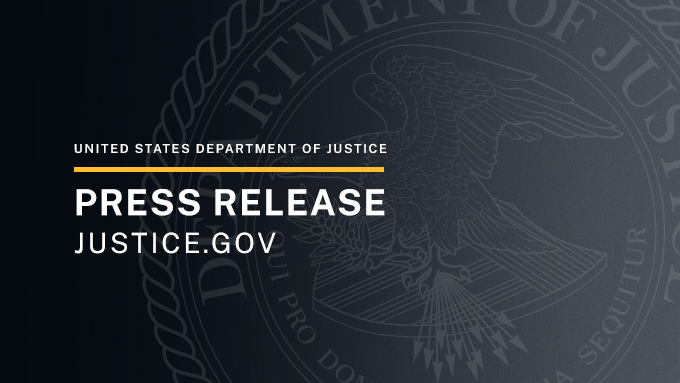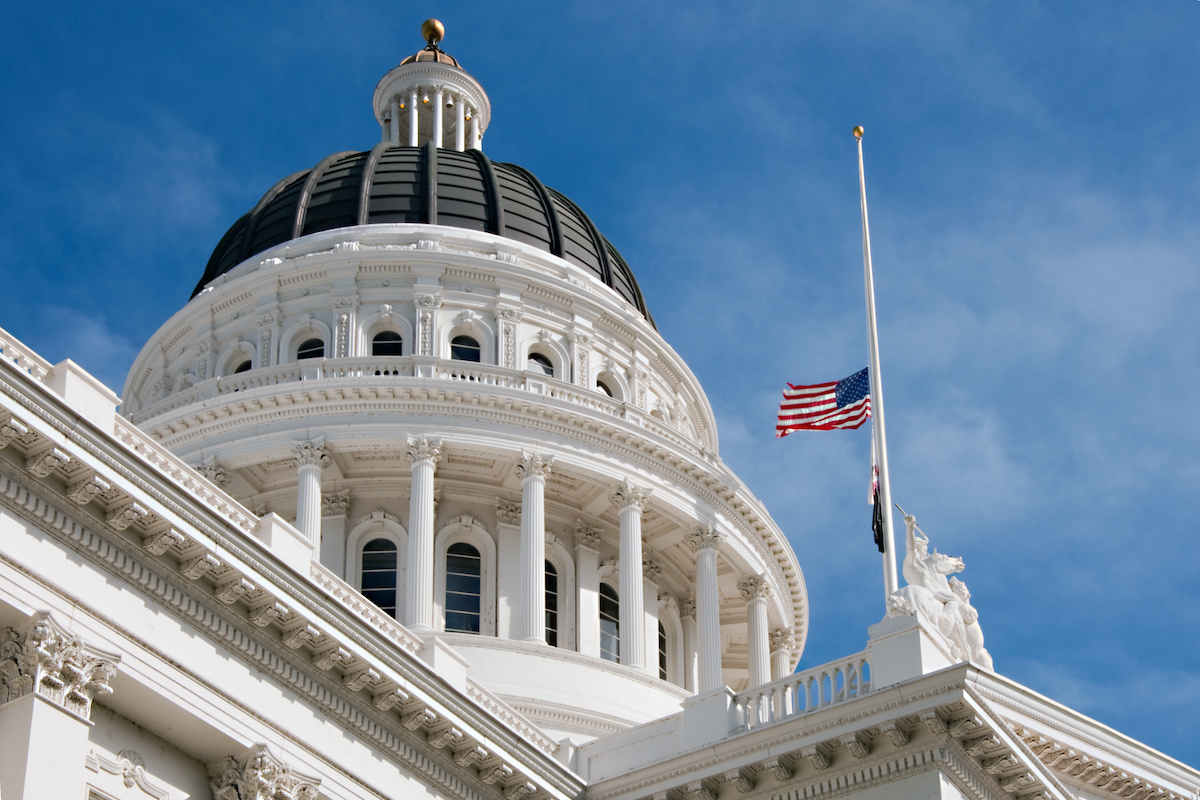It would be scandalously unethical for a journal to invite opposition to an as-yet unpublished paper
And yet, that is what happened, if we can take Sander's word on it. Here's what he says in his book:
"...They did, however, agree to a request from Stanford's administration that they publish
multiple responses to "Systemic Analysis". A national competition was announced and they recieved dozens of proposals. What neither the entrants nor I knew at the time was that the
Review editors, again under pressure from their school administrators, would only publish
critiques of "System Analysis." Commentators who found my analysis persuasive and important were effectively excluded from the competition.
This meant that regardless of actual content, the
Stanford Law Review's follow-up issue would, by design, feature four articles (with a total of eight well-known authors, as it would turn out) all arguing that "Systemic Analysis" was wrong. The idea of giving equal time to my opponents had reached, in this most crucial instance, the level of caricature." (emphasis his)
But I was wrong about the critiques appearing in the same issue. As the quote says, they appeared in the next issue.
You can deny it, but there is a clear bias in academia, not only around this subject, but in other subjects as well. It is not unhelpful to point out bias where it exists, just as it is not unhelpful to point out Sander's own bias. Understanding this bias, the reasons for it, and what effects it produces, is absolutely necessary.
In a few pages previous to the quote I included above, there's also this:
"...There are several hallmarks of healthy academic discourse: When new work is published raising original and potentially important claims, other scholars try to replicate the work (i.e, check its results), acknowledge what is and is not disputed, clarify the hypotheses under debate, obtain and share new data relevant to shedding further light on the contested issues, engage in careful debate, and help the broader academic community understand the progress of knowledge on the issue.
Little or none of that was evident here. Important academics and institutions in legal academia often reacted as though my work was simply evil- a demagogic, mortal threat to one of their proudest achievements. The thrust of their responses was that my ideas were so flawed that they did not merit serious discussion. A recurring subtheme from both academics and reporters was that I was mentally unbalanced; one law review published an entire article devoted to analyzing what in my psychological makeup could have caused me to write "Systemic Analysis." Regardless of the motive for many of these attacks, their effect was both to discredit me and to warn off the many reasonable observers in the middle: Stay away, or you, too, will be caught in the crossfire..."




